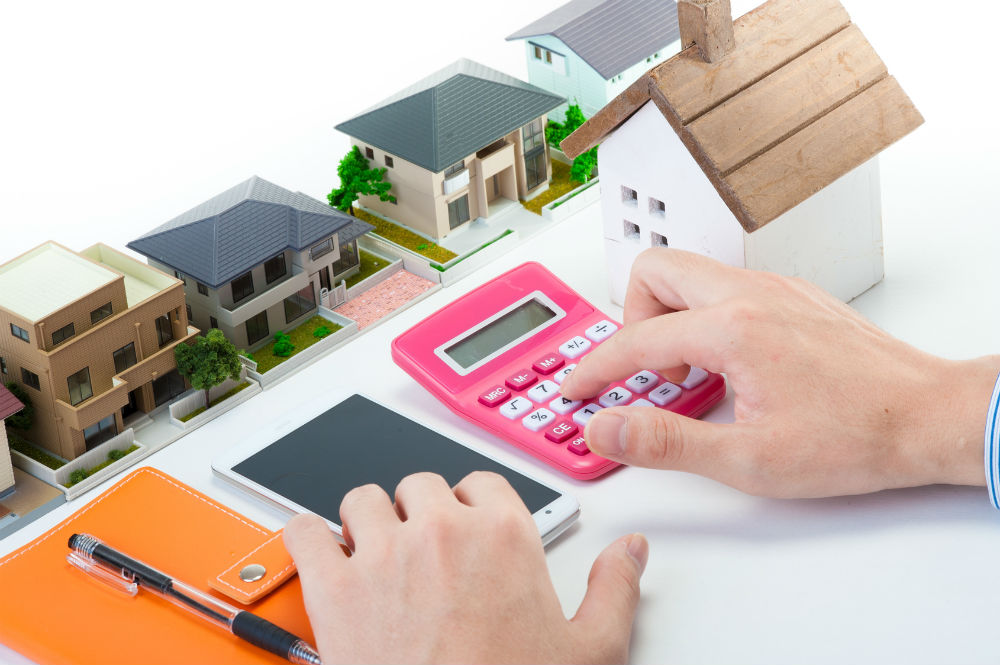The Real Estate Development Process
Understanding the real estate development process can help you secure a more financially sound future. This procedure can be approached from many different angles, this is the most common. The first step in real estate development is to buy land or a building.
In order to make money in real estate development, you are going to have to do something to your newly acquired property. If it’s a piece of land you are going to start building, if it is a home you are going to begin to renovate. If you purchase a property with a tenant in it already, you will still have the ongoing costs.
When you buy something in real estate, it is important to remember, there is more than just the purchase price involved. You can have a lawyer, title insurance, transfer tax fees, and brokerage commissions.
The seller usually pays brokerage commissions, but it is not uncommon for a clause to be inserted that states the buyer will pay these fees. These vary, state by state and city by city.
It is important to know what you are allowed to do to the property. Cities and towns change their zoning depending on their current capacity. This affects the price dramatically. For example, you find a vacant lot seated between two resorts.
You will need to know if you can build a resort, commercial property, or anything else on that land before you can give the buyer an offer. It is not uncommon for a city to limit the number of certain types of business, depending on the local saturation. This is used to determine if the asking price of the property is reasonable.
You will want to break your property into quantifiers such as square footage, the number of units, and rentable space. This rentable space is called net square feet.
You do not rent out hallways and stairwells. You want to avoid an inefficient floor plan as it can reduce your profitable square footage significantly.
Once you have considered some factors, you are going to end up with your purchase price. After this price is established, you have your lawyer involved in the closing. Next, is title insurance. This is a very important component of real estate development.
Title insurance will tell you if there are any liens, violations, or past due taxes. Next, it is time for transfer taxes. These vary per state. At this point, there are the brokerage fees.
All of these factors must be considered to make your investment successful. Each step of your process should incorporate a miscellaneous and contingency fund. This is designed to cover any additional issues you may encounter along the way.
Construction is one of the most commonly mistaken parts in this procedure. The reason for this is that, unlike buying a property, the hidden costs can be substantial. Many variables can make this process seem difficult.
This is the most important part of real estate development. This is more than building on land or renovating a property. After completion, yearly construction or maintenance can add up.
Construction is the key to real estate development. It is important to complete your project on time. It is just as important that you finish with the appropriate quality.
The ongoing maintenance every year can be easily overlooked. Things like roofs need to be maintained in order to prevent larger real estate construction costs from occurring in the future.
Your construction team will consist of many professionals. You will need an architect to draw your plans. You may also have an engineer, interior decorator, and a consultant that all work together to streamline your development strategy.
The most successful real estate developers create a solid team of professionals to help facilitate their development strategy. Real estate agents, brokers, and wholesalers help you to find properties that have the potential to accommodate the benefit your renovations will add.
There are construction teams, consultants, interior decorators, landscapers, and architects working in cohesion to make sure your development strategies are successful. Bankers, tax strategists, accountants, and lawyers are other key components in building a successful development team.
Depending on the size of your development project, you may have an investor. Many development projects have multiple investors and these can include multiple banks. It is important that your communication and prior planning is perfected.
By knowing the true cost of the money you are borrowing, you can get the true ROI (return on investment). Larger transactions will require a network of funding strategies to complete.
Carrying costs includes utilities, taxes, insurance, and any other reccurring costs. These are going to affect the longevity of your strategy. You do not want to end up with liabilities that don’t equal your planned overhead.
This is one of the most common mistakes made in real estate development. If you are planning to build and sell, you are going to want to make sure you sell before the monthly debts reduce your ROI.
Real estate development is exciting and rewarding. By investing in your knowledge, you are investing in a brighter future. The financial and spiritual benefits are rewarding.
Now that you understand the real estate development process, you are ready to begin assembling a solid team to work with. Start Learning Today!





